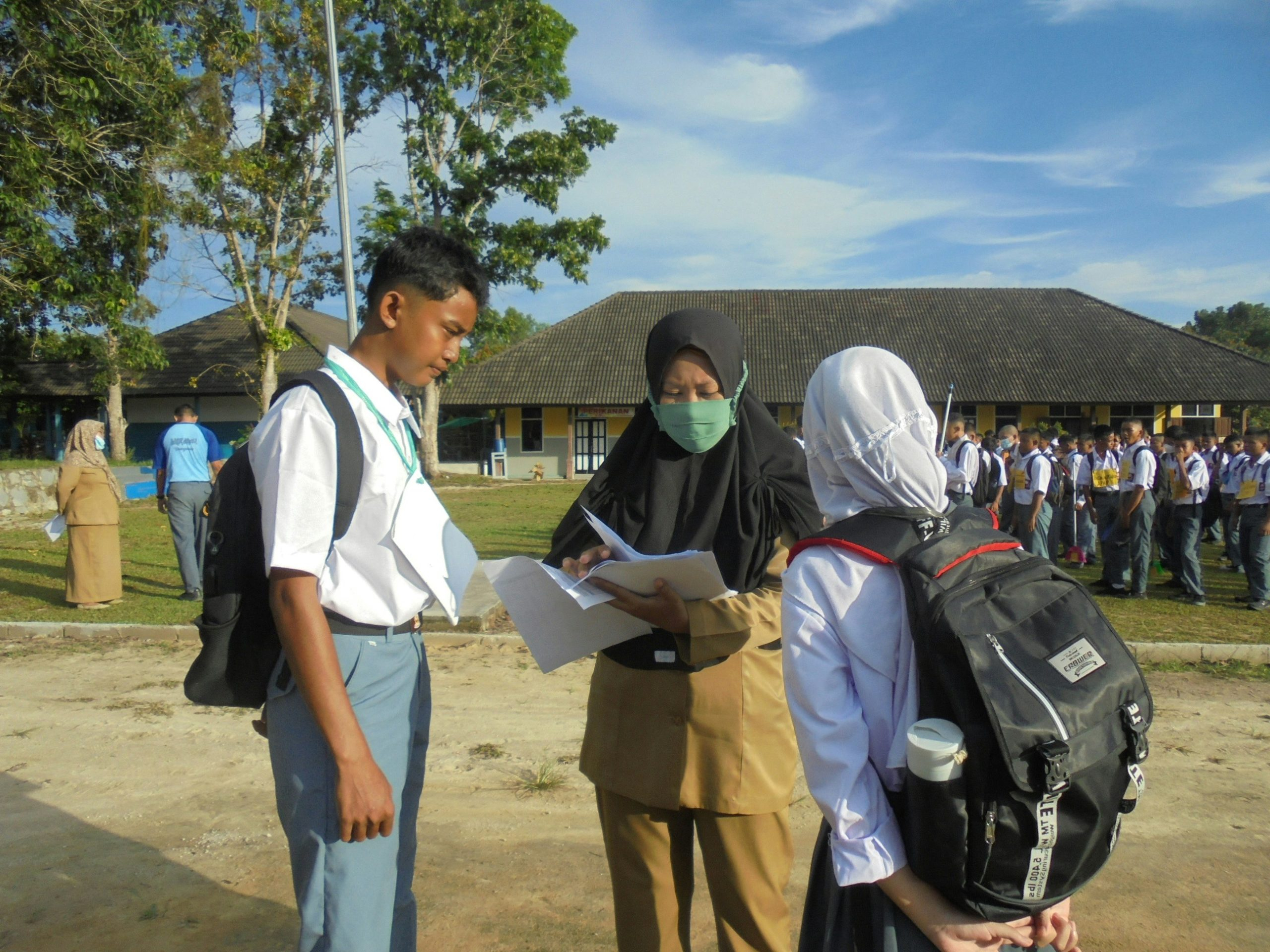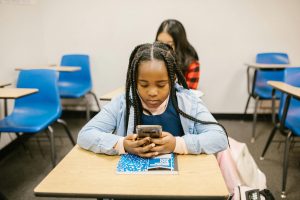The Future of Teacher Training: Emerging Trends and Strategies
Teaching is a constantly evolving field, and with the rapid pace of technological advancements and changing educational needs, it is crucial for teacher training to keep up. The future of teacher training is not just about mastering traditional teaching methods, but also about embracing emerging trends and strategies. In this article, we will dive into the top emerging trends and strategies that will shape the future of teacher training and how educators can adapt to stay ahead of the curve.
The Shift to Personalized Learning
Gone are the days of one-size-fits-all teaching methods. The future of teacher training will revolve around personalized learning, where educators will tailor their teaching to meet the individual learning needs of their students. This shift is driven by the advancements in technology that enable teachers to gather data on their students’ learning styles, strengths, and weaknesses. With this data, teachers can create personalized lesson plans, learning materials, and assessments for each student.
Adapting to a Changing Classroom Dynamic
The push towards personalized learning also means that the traditional teacher-student dynamic will change. With students being at the center of their learning, teachers will become facilitators and guides, rather than just instructors. This change will require teacher training programs to focus on developing skills such as empathy, adaptability, and problem-solving – skills that are crucial for creating a supportive and student-centric learning environment.
Embracing Technology
The use of technology in education is not a new trend, but it will continue to play a significant role in the future of teacher training. Teachers will need to be proficient in using technology to enhance their teaching methods, such as incorporating interactive learning tools, virtual simulations, and online collaborative platforms. Teacher training programs will need to provide teachers with hands-on experience in utilizing these tools to create engaging and innovative learning experiences for their students.
Integrating Artificial Intelligence
Artificial Intelligence (AI) is set to revolutionize the way students learn, and teacher training programs will have to adapt accordingly. AI applications, such as chatbots and virtual tutors, can provide students with personalized and immediate feedback, freeing up teachers’ time to focus on other critical aspects of teaching. Teacher training programs will have to equip educators with the necessary skills to integrate AI tools into their teaching methods.
Promoting Inclusivity and Diversity
In today’s global and interconnected world, teacher training programs must prepare educators to teach a diverse and inclusive classroom. Future teachers need to be equipped with cultural competency, empathy, and sensitivity towards students from different backgrounds. Teacher training programs will have to include modules on addressing biases, promoting equity, and creating a culturally responsive learning environment to prepare teachers for the diverse classrooms of the future.
Collaboration and Professional Development
As the field of education evolves, teacher training will become an ongoing process rather than a one-time event. Teacher training programs will need to promote collaboration among educators, allowing them to share best practices and learn from each other’s experiences. Professional development will also play a crucial role in keeping teachers up-to-date with the latest trends and strategies. Online learning platforms and communities can provide teachers with opportunities to continue their learning journey and stay relevant in their profession.
In Conclusion, the future of teacher training will revolve around personalization, technology, inclusivity, and collaboration. Teacher training programs must adapt to these emerging trends and equip educators with the necessary skills and knowledge to thrive in a constantly changing educational landscape. By embracing these trends, we can ensure that the future of education is one that empowers both teachers and students alike.











